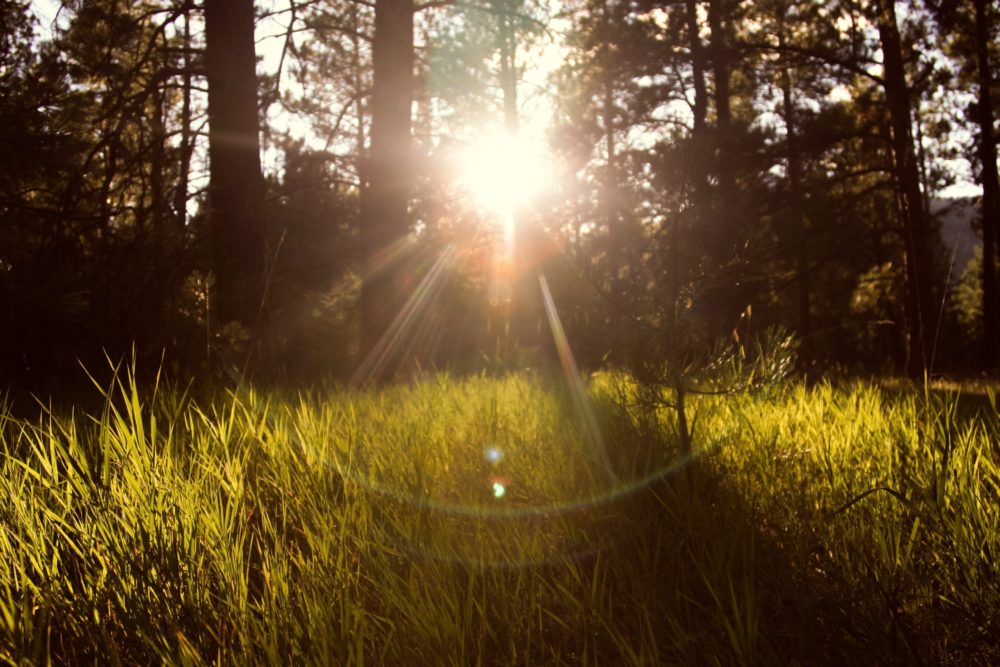It’s true that what we don’t have often looks more enticing, whether it genuinely is better or not. It’s normal to see past the borders of our lives and think that someone else has livelier flowers and more vibrant lawns. We believe that if only we can leave our own tired plants and browned backyard behind, we can set down roots for a more beautiful future elsewhere. But sometimes a “grass is greener” mindset can keep us from making beneficial changes to the lives and business prospects we already have. How can we tell when the grass really is greener, or determine whether we should hop the fence?
Examining our own lawn
If we want to decide whether the grass really is greener elsewhere, we need to take an honest look at our own lawns. Are we watering it well enough? Could we be planting more trees or flowers? Are we spending enough time outdoors? All of these questions apply to situations as they exist right now. You may have a career lawn and a personal lawn; they may be the same lawn with different gardens. Whatever the case, they are your responsibility to maintain. In time, you may find that if you pour enough time and love into the gray and unfulfilling aspects of your personal life, they will bloom with color and joy. =
=However, not everything that leeches color from your gardens is under your control. You might struggle with toxic people who creep like weeds to steal your sunlight and choke your joyful flowers. Or, you might face a drought caused by sudden grief or prolonged financial trouble. You can’t control the rain or when it comes — but you can weather the dry spell and look for clouds on the horizon.
Removing the rose-colored glasses
When we say that “the grass is greener,” we usually mean that, from our lawns, it looks like our neighbors have it better. But once you visit and have a chance to look back from their front porch, you might realize that your own lawn was green enough all along.
When we look at ourselves, we are often overly critical. We see ourselves up close; we have a perfect view of every fault and flaw. When we look across the fence to others, distance smooths over visible imperfections and presents us with a rose-colored view of their lives. Within this tinted view, the most flawed and ordinary people have picture-perfect lives and thriving careers.
[Tweet “Perfection is a myth that we all make the mistake of believing.”]If you truly want to assess the greenness of the grass, take off those rose-colored glasses when you look outward. Then, look back at yourself. Is the neighbor’s grass really greener? Is your own lawn truthfully so terrible?
Hopping the fence
You’ve decided to head out for greener pastures. It might have been something you’ve dreamed about for a while, but you’ll soon find that the choice to pack up and move on isn’t one you should make lightly. Regardless of whether you’re making a significant change to your career, a relationship, or your home, you’ll undoubtedly face challenges. The transition will be difficult, but you can persevere if you remember three points:
You can take your favorite seeds with you. You might be leaving your old lawn, but that doesn’t mean that you have to drop everything of value at the fence. Take the skills and lessons learned with you when you go — and remember, you may also need to pick up new ones to build greater success later.
Self-doubt is normal. Losing the security of familiar surroundings, habits, and people is frightening. It’s natural to doubt yourself for voluntarily moving on; however, your choice to do so should be an informed one. You need to know what you’re getting into before you ever take the risk.
There’s no going back.For better or worse, you will never be able to return to the situation you have now. Your relationships, career, and personal life will be irrevocably changed even if you eventually decide to return. Sure, you could try to reverse your decision, but most major life changes can’t be erased, so make sure you’ve thought it through.
Tending to your new lawn
You will likely be starting from scratch when you embark on a new life change. Your priority should be to understand that both growth and greenery take time and effort to cultivate. Avoid making the same mistakes that left your previous lawn brown and weedy!
Lastly, don’t be tempted away from your young plants; the “grass is always greener” rule still stands. Odds are, if you ditch your own more than once, the problem isn’t the lawn: it’s you.









Leave a Comment